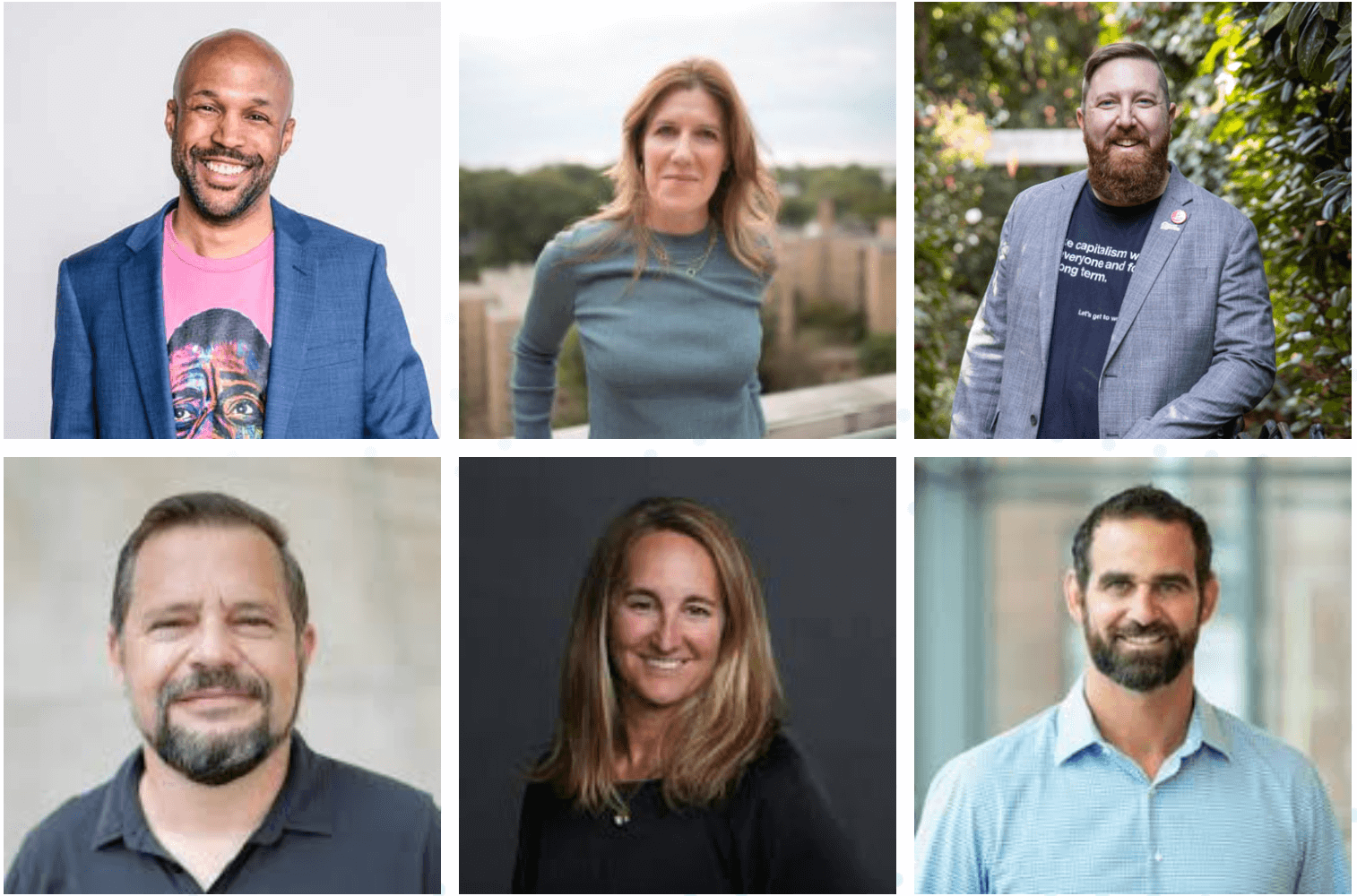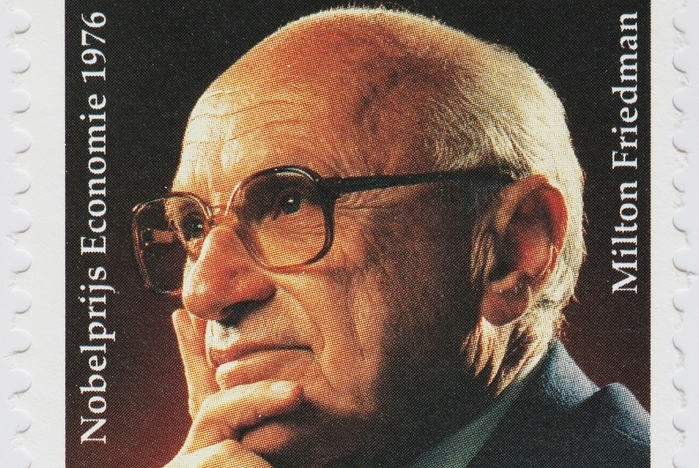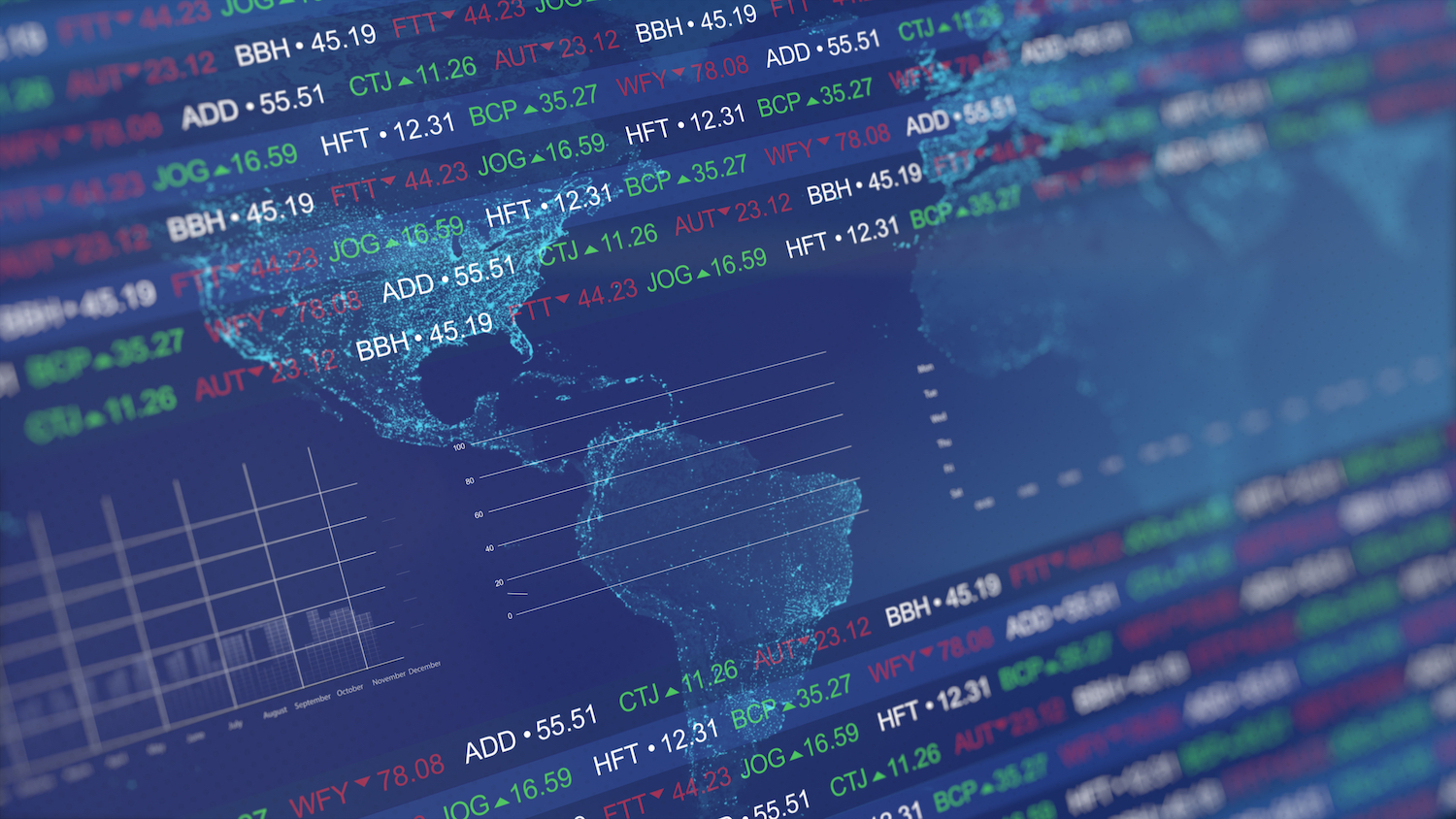ImpactAlpha, Jan. 19 – At least for those of us who aren’t there, it is definitely cooler to skip Davos than to attend the global confab of CEOs and (a few) presidents and prime ministers.
Much better, if you’re a conservative, to decry its “wokeness.” Liberals can cringe at the tone-deafness of the (typically) “Davos Man” (looking at you, John Kerry).
Even before it began, Florida Gov. Ron DeSantis slammed Davos attendees for supposedly thinking, “They run everything and everyone else is basically a serf,” and for proposing “woke” solutions that “weaken Western society.”
“This annual private jet bonanza is a distasteful masterclass in hypocrisy,” declared Klara Maria Schenk of Greenpeace. The activist group which tallied emissions of 9,700 tons of CO2 equivalent, or about the same as 350,000 cars in a week, from private jet flights to Davos – many of them short hops easily covered by train.
Peter Goodman, author of “DAVOS MAN: How the Billionaires Devoured the World,” called the World Economic Forum “a giant business meeting, a chance for the heads of multinational oil giants to sit opposite Persian Gulf potentates — fronted by the performance art of earnest panel discussions aimed at solving the problems of the day.” In a short column for Semafor, Goodman went on, “More than anything, Davos is a prophylactic against change, an elaborate reinforcement of the status quo served up as the pursuit of human progress.”
The irrelevance is reflected in the breezy dismissiveness of longtime fixtures who gave the WEF a miss this year. “I remember when going to #Davos was prestigious and elite,” tweeted Third Point’s Dan Loeb. “I’m sure it’s still fun however.”
The dismissive sentiment is spilling over to the annual UN-backed “conference of parties” climate summits. Ten months before it convenes in the United Arab Emirates, COP28 is at risk of becoming a platform for fossil fuel interests. High profile COP pledges and promises by business and political leaders have rarely held up under scrutiny. One example is the Global Financial Alliance for Net Zero, convened with much fanfare two years ago by former Bank of England head Mark Carney. The group of financial institutions representing $550 trillion have pledged to transition to net-zero by 2050.
Few of the financial institutions have placed meaningful restrictions on oil and gas financing. Indeed, since the group’s inception two years ago, members have channeled hundreds of billions of dollars into more than 200 of the world’s largest expanders of coal, oil and gas production and transport, according to a report by Reclaim Finance.
Last year’s COP27 in Egypt was notable for the hundreds of oil and gas industry executives and lobbyists who flooded the conference. And 10 months before it is to take place in the United Arab Emirates, COP28 is being written off by some as a public relations platform for fossil fuel interests after “Sultan” Al Jaber, the head of Abu Dhabi National Oil Company, last week was named president of the talks.
“If he does not step down as CEO (of the oil company), it will be tantamount to a full-scale capture of the UN climate talks by a petrostate national oil company and its associated fossil fuel lobbyists,” said Tasneem Essop of Climate Action Network International.
Where is it safe anymore for the well-meaning elite bent on saving the world?
Polycrisis management
Davos takes place as global inequality is widening and a series of cascading crises – a “polycrisis” in Davos-speak – is driving up costs of food, energy and shelter. The alpine summit kicked off with barely any snow on the ground, underscoring a rapidly changing climate.
The agenda at this year’s forum does nothing to mitigate Davos’ reputation as a club for the global elite. There are sessions on quiet quitting, AI and white collar jobs, and green jobs needed for the energy transition, but little that addresses frontline workers, hourly wages or worker ownership. Indeed, the only mention of ‘ownership’ is a panel on global real estate.
The richest 1% have captured nearly two-thirds of all new wealth created in the world since 2020, according to a new analysis by Oxfam. Some 1.7 billion workers live in countries where inflation now outpaces wages, even as many corporations raked in record profits. Oxfam urges a wealth tax of up to 5% on the world’s wealthiest billionaires, which it says could raise $1.7 trillion dollars annually, enough to lift 2 billion people out of poverty.
The wealthy are also driving climate change. The carbon footprint of the top .1% of U.S. households had emissions 57 times higher than the bottom 10% of households and almost 600 times higher than low-income households, according to a study in Ecological Economics.
Siemens hosted a “From the Factory Floor to Davos” session featuring workers from a German electronics plant, but in their tidy lab coats and data-enabled smart watches they could hardly be mistaken for blue-collar workers.
Also scrubbed from the agenda this year is ESG, the environmental, social and governance practice that has become the unlikely target of the latest culture wars. Just one session was bold enough to use the term, a press conference on embedding disability inclusion data into ESG (see the report).
What is on the mind of Davos Man, based on our reading of the agenda: climate (35 mentions), energy (27), crisis (18) or crises (12), Ukraine (10), and, of course, the economy (30).
Climate competition
Still, there were plenty of serious topics for attendees to chew on. Chief among them: the prospect of a green trade war sparked by the U.S. Inflation Reduction Act. The law showers incentives and subsidies for domestic manufacturing of everything from batteries to hydrogen hubs in an effort to reduce emissions, reverse decades of offshoring and increase competitiveness in critical next-gen sectors.
The law has sparked equal amounts of envy and anger overseas, particularly from Europe. Officials fear the measures will drive innovative companies to locate in the U.S. at the expense of other regions.
“The reality is that the Biden administration incentivizes, when Europe regulates — to put it black in white,” said one European CEO at Davos.
“Instead of fighting the IRA, I encourage the EU to take inspiration from it,” Mads Nipper of Danish wind and energy giant Ørsted told The Wall Street Journal.
European officials are doing just that. The bloc is readying its own package of incentives and regulatory relief to spur Europe’s green economy. “We need to create a regulatory environment that allows us to scale up fast and to create conducive conditions for sectors crucial to reaching net zero,” said European Commission chief Ursula von der Leyen. “This includes wind, heat pumps, solar, clean hydrogen, storage and others.”
The prospect of protectionism has shaken the bedrock Davos doctrine of globalization and collaboration. The IMF’s Kristalina Georgieva warned that “policy interventions adopted in the name of economic or national security could have unintended consequences, or they could be used deliberately for economic gains at the expense of others.” The costs of such “geo-economic fragmentation” could amount to 7% or more of global GDP, according to an IMF analysis.
Kerry, the U.S. climate envoy, said criticism of the U.S. policy was unfair. “Do it, too,” he urged the Davos crowd. “Everybody’s got to do the same thing to accelerate this process even more.”
Mobilizing philanthropy
And then there are the pledges and consortia. A new initiative launched at the WEF, called Giving to Amplify Earth Action, or GAEA, hopes to double philanthropic funding for climate action and broaden the role of philanthropy in public private partnerships. Just 2%, or some $16 billion, of the $810 billion in philanthropic funding in 2021 went to climate efforts.
More than 25 charitable organizations, including The Rockefeller Foundation, Temasek Trust’s Philanthropy Asia Alliance, and the African Climate Foundation, joined the initiative. Along with private sector partners they plan to develop, refine and scale “public, private, philanthropic partnership” funding models, or PPPPs.
“Most philanthropy has not been very leveraged,” said Andrew Steer of Bezos Earth Fund, a $10 billion charitable fund focused on climate change and nature set up by billionaire Jeff Bezos. “Philanthropy has the possibility of putting money in quickly, boldly getting ahead of the game, it can help design policies, can help prepare pipelines of projects and can help de-risk.”
GAEA is looking to build on existing models such as the Seychelles’ blue bond and the Clean Cooling Collaborative, which has leveraged $10 million in grants to mobilize $600 million in public and private finance for low carbon cooling.
Kerry was more direct, if less eloquent, in pointing out the path to a net-zero future: “Money money, money, money, money, money, money.”











